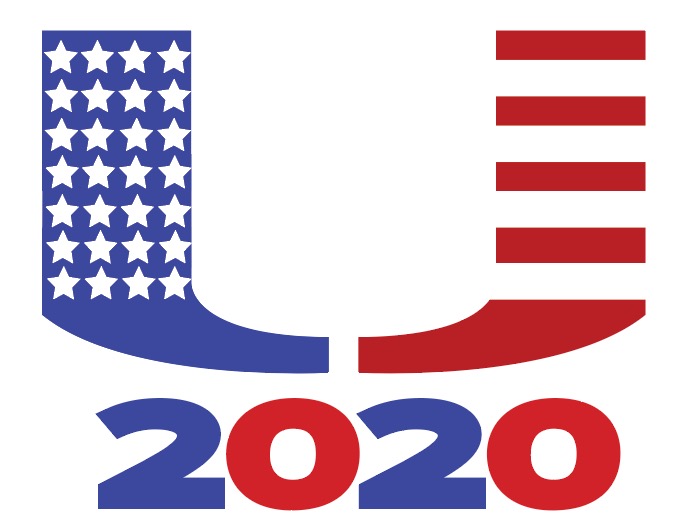Growing up, “who are you going to vote for?” is a question that I was taught you never ask someone, and yet, this question is one I’ve been asked numerous times in the past few months by people I’ve only recently met. I often try to skirt around answering due to a fear of the opinions people will form about me dependent on the name that comes out of my mouth as well as the onslaught of interrogating questions that could follow after.
With the presidential election hanging over our heads, the media is constantly overwhelming us with political advertisements and reminders of the importance of the outcome of this election, as if this is something any U.S. resident could forget if not reminded on a daily basis. Information is constantly being fed to us with little instruction on how to make sense of it all. More than anything, the American political system stands as a system divided. Not only is there the obvious divide between the two parties, but there is also a divide between those who actively follow politics and the rest of us.
For those of us who don’t feel strongly enough about either party to identify with one, it can be exhausting to try to participate in anything deemed political. It feels as though if you’re not educated enough on your political views to have a debate about them or if you aren’t constantly posting about them on social media, you don’t have the grounds to identify with either party. This is quite fine with me; I don’t feel strongly enough about either party to identify myself with one but people make their own assumptions anyway. If I say that I think climate change is an important issue, people automatically assume that I’m a Democrat. Why can’t I just believe in climate change? Some will tell me “but Trump has done a lot for the economy.” I can understand that and respect that. But as an 18-year-old student, I don’t first see the benefits of Trump’s economy. What I see is a man on social media, calling women derogatory names like bimbo, dog or horse face. Am I supposed to support that? Being upset by this doesn’t make me a raging feminist; it makes me a person. “You sound like a Liberal.” Believing in basic human rights or respecting women or in preserving the planet shouldn’t immediately file me into a political group.
I understand that these topics have become controversial in politics today, but why should the health of the planet or racial justice or body autonomy be controversial? It’s hard to weigh in the complications of these decisions when no one wants to talk about them. High schools won’t even teach students about the political system because they can’t find a way to do so in an unbiased manner.
George Washington warned against political factionalism and urged against voting for party loyalty rather than for the common interest of the nation. He said that this would allow “cunning, ambitious and unprincipled men…to subvert the power of the people and to usurp for themselves the reins of government, destroying afterward the very engines which have lifted them to unjust dominion.” The system has become so polarized that there is little room left for beneficial discourse. There’s little room left for humanity. Most just seem to hold their view of right and wrong as truth with no regard for understanding or compromise. This realignment of the political parties has created a stalemate that does not serve the country well. Basic human rights and global crises have become a topic matter for bickering and stand-offs between leaders that don’t seem to care about how it affects the public, but just want to win out over their opponents. What we need is to focus less on partisan stances and more on the tangible issues at hand.
So no, I’m not going to “Settle for Biden” or vote to “Make America Great Again.” I’m going to vote to restore humanity, whatever that means.
Pari Walter is a freshman majoring in journalism and international studies.






